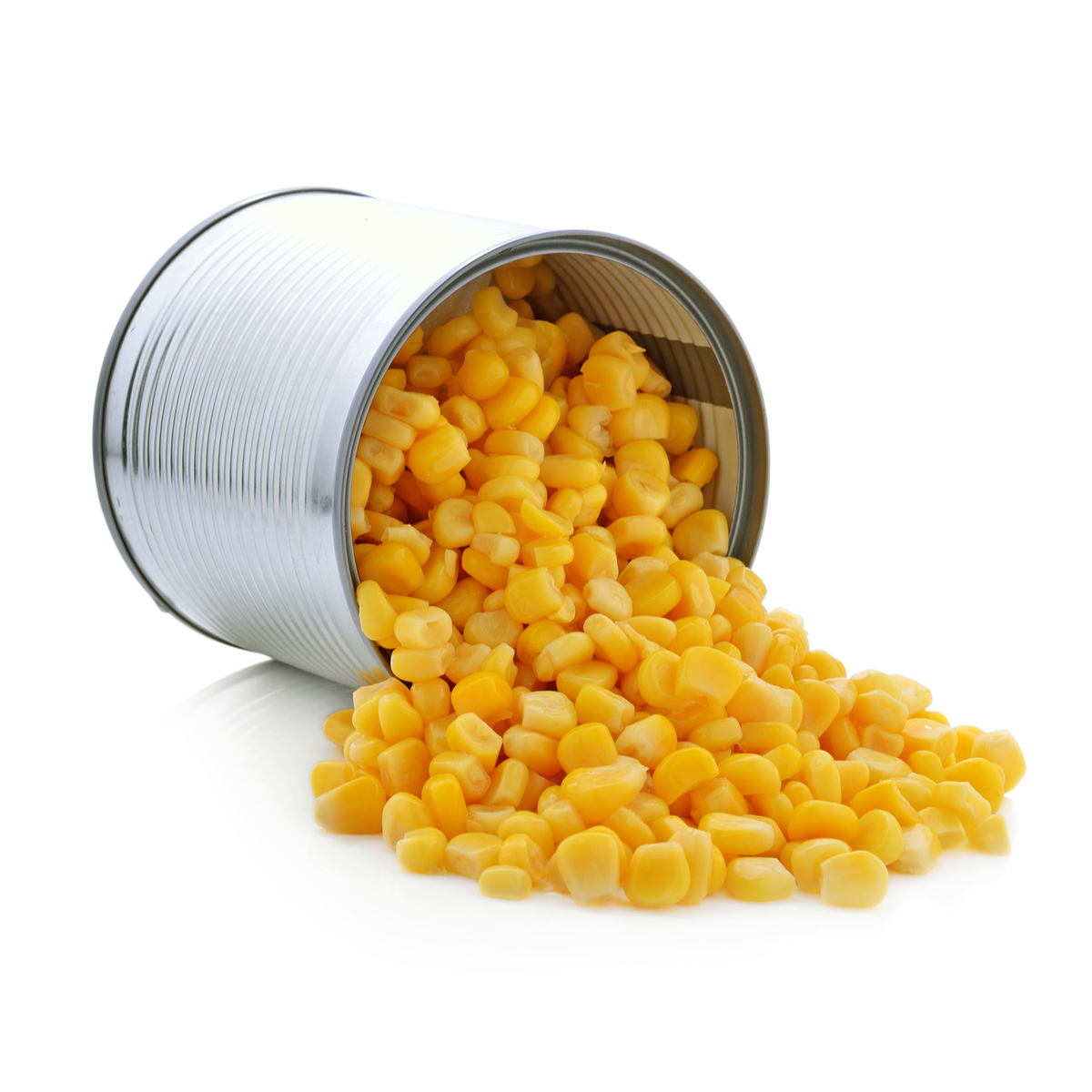Chocolate
Chocolate is a powerful antioxidant when consumed in small quantities. In addition to lowering your LDL cholesterol, it can also increase HDL, or “good,” cholesterol by up to 24%.
Nuts
Some studies indicate that a mere 1.5 ounces of nuts eaten six days a week can improve LDL cholesterol by almost 10% in as little as four weeks. Some of the healthiest varieties include walnuts, almonds, and cashews. Be sure to monitor your intake, though, as nuts are high in calories.
Garlic
Eating three cloves of garlic daily can do wonders for your health, including lowering cholesterol, stopping blood clots, normalizing blood pressure, fighting infection, and promoting unclogged arteries.
Beans
Beans are high in fiber and make a great addition to a low-cholesterol diet, especially black, pinto, and kidney varieties. In some cases, they can slow the rate at which cholesterol is absorbed by the body.
Oats
If your diet contains two servings of oats a day, you may be able to lower your LDL cholesterol by more than 5% in a little over a month. Oats contain beta-glucan, a substance that absorbs LDL cholesterol, making them a great addition to any meal.
Red Wine
Some studies indicate that high-fiber grapes found in red wine can have a positive effect on cholesterol levels. You might see up to a 12% drop in LDL cholesterol when it’s consumed (in moderation) on a regular basis.
Margarine
Low-fat margarine products contain plant sterols, and these can help lower your LDL cholesterol by up to 4% when consumed regularly.
Green Tea
Green tea is a healthy alternative to soda, sports drinks, and other high-sugar beverages. Some studies have shown that it contains compounds which may help lower LDL cholesterol levels.
Olive oil
Instead of using oil that’s high in saturated fats, like canola or coconut, try olive oil instead. It’s full of heart-healthy monounsaturated fatty acids that help to lower LDL cholesterol levels.
Salmon
Omega-3 fatty acids can reduce your risk for heart disease and dementia, among other things. Additionally, this nutrient, which can be found in salmon, has been shown to raise HDL, or “good,” cholesterol levels by about 5%.




